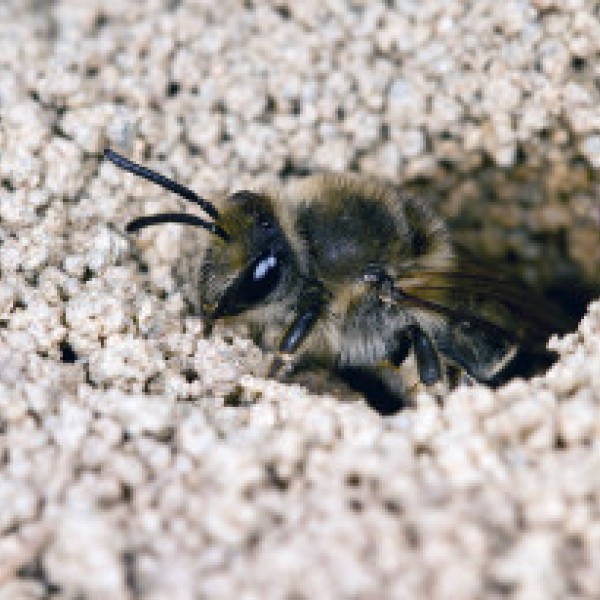Hempseed is protein-rich and contains high levels of essential amino acids and fatty acids. A byproduct of industrial hemp, it presents a promising sustainable alternative to soybean meal, potentially reducing agricultural waste.
“Our research helps provide a more complete picture of the impact of novel feed ingredients, including safety and nutrition,” Ou said. In a recent study, he assessed the nutritional benefits of supplementing hempseed meal in the diets of laying hens, examining its effects on egg production and nutrient composition.
“We found that feeding chickens up to 15% hempseed meal in their feed had no negative impact on body weight, feed intake or egg production,” he explained. “It also significantly increased omega-3 fatty acid levels in their egg yolks.” Additionally, the research showed that hens fed hempseed meal produced lower emissions in the manure compared to the control group, suggesting that hempseed meal supplementation could contribute to reducing greenhouse gas emissions from poultry farming.
I originally wanted to go to vet school and become a zoo nutritionist. But I realized I was more interested in the molecular side of nutrition.
Originally from California, Ou earned a Bachelor of Science in animal science with a minor in nutrition from California Polytechnic State University. His experience includes work in animal care at the Oakland Zoo and in animal nutrition at Disney’s Animal Kingdom. “I originally wanted to go to vet school and become a zoo nutritionist,” he said. “But I realized I was more interested in the molecular side of nutrition, particularly micronutrients and their role in animal diets.”
Ou also conducted research examining biofortification, increasing the nutritional content of food through changes in an animal’s diet. In a recent study, he explored the potential of biofortifying animal products like eggs with essential nutrients. His work successfully enriched eggs with important nutrients including docosahexaenoic acid (DHA), an important omega-3 fatty acid, critical for brain and eye health.
“Most people struggle to consume nutritionally balanced diets, and deficiencies, depending on the person and the region, are common in the U.S.,” he said. “By biofortifying eggs, we can offer a practical way to enhance nutrient intake through everyday foods.”







